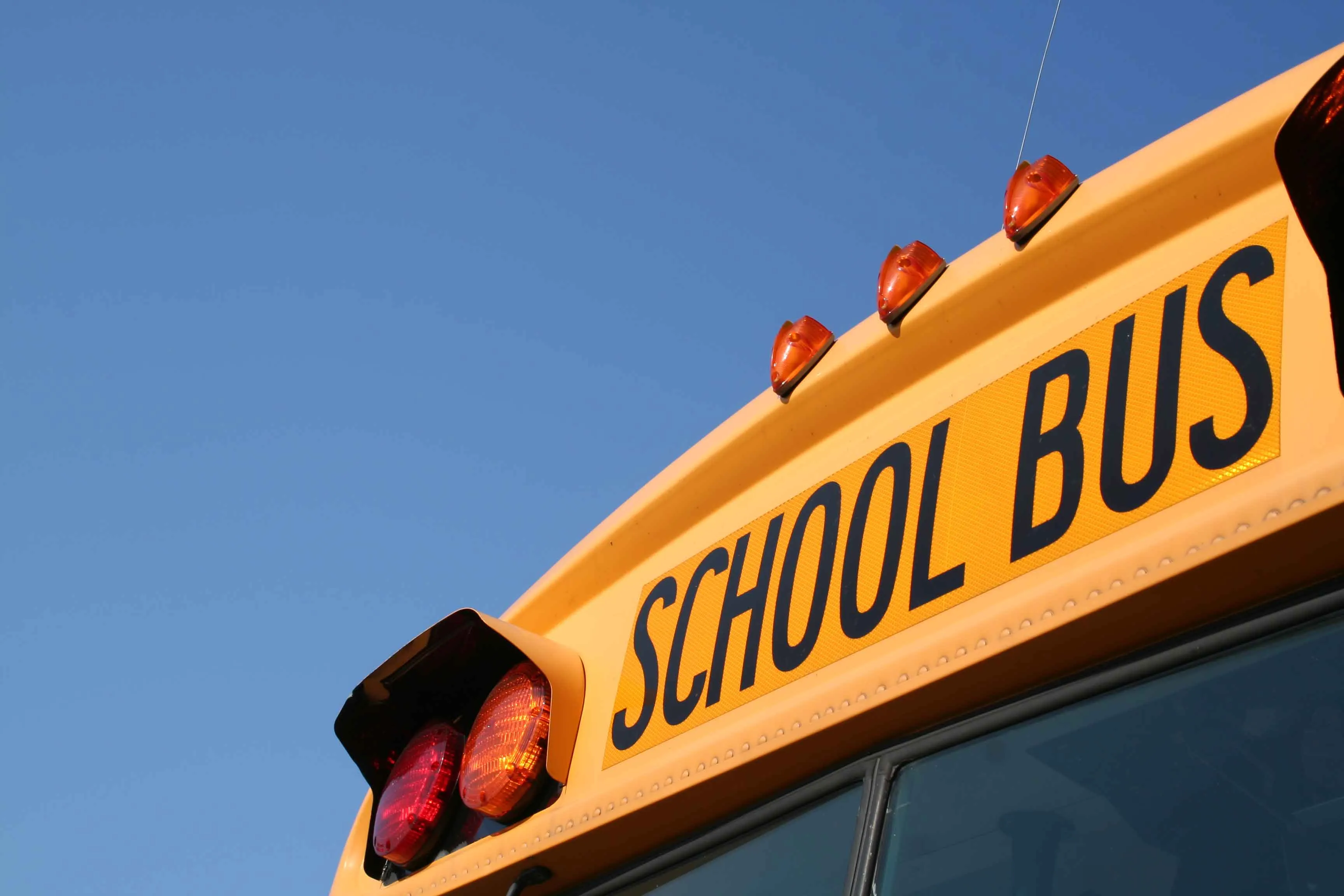
Daily Audio Newscast Afternoon Update - July 23, 2025
© INDU BACHKHETI - iStock-1336427297
News from around the nation.
US House calls early summer recess to block voting on release of Epstein files; NYS groups join national day of action on public education; MS after-school programs receive critical funding after delay; WI professor ponders longer-term effects of GOP loyalty to Trump.
Transcript
The Public News Service Wednesday afternoon update.
I'm Mike Clifford.
Republicans announced Tuesday that the House of Representatives will call it quits a day early and head home in the face of persistent Democratic efforts to force Republicans into voting on the release of the Jeffrey Epstein files.
That's for The Guardian.
They report the chamber was scheduled to be in session through Thursday ahead of the annual five-week summer recess, but on Tuesday the Republican majority announced that the last votes of week would take place the following day.
Democrats in turn accused the GOP of leaving town rather than dealing with the outcry over Donald Trump's handling of the investigation into the alleged sex trafficker.
Now to New York, where groups are part of a national day of social action today, voicing their concerns about the future of public education.
In Rochester, a public march and rally highlights the theme "public education is a public good."
It comes as the federal budget mega-bill has created a national school voucher program.
States have to opt into it, but some worry the push will direct more funds away from public schools.
Jeremy Smith with the Freedom Scholars Learning Center says part of this day of action is to show the importance of culturally responsive curricula.
It looks like identity, knowing who you are and knowing the legacy of your culture or your ethnicity.
It looks like research that talks about racism, that talks about multiculturalism.
I'm Edwin J. Vieira.
Meantime for weeks, programs that help care for Mississippi's most vulnerable kids hung in the balance.
Federal grants supporting 21st century community learning centers were held up as part of a review to ensure spending aligned with the priorities of President Donald Trump.
Yolanda Minor is with Save the Children.
This is most hurting children in rural communities and in the communities that Save the Children support.
We're the only one of the only providers there that supports children out of school time.
The Mississippi Department of Education has confirmed receiving notice that the federal title four funds intended for these programs would be released July 21st.
Next to Wisconsin where a professor calls the federal tax cut and spending bill a defining piece of legislation that ultimately tested Republican lawmakers loyalty to President Donald Trump.
The question now is what impact will it have on their own political futures?
UW-Madison political science professor Barry Burden says the effects of the bill's most controversial parts like changes to Medicaid and SNAP won't be felt until after the next midterm election.
He says it's fair to think the timing is strategic.
It's almost certain that there are Republicans saying, look, this is going to hurt me back in my state or district as I try to win reelection next year.
Can we please put off the pain for the Medicaid recipients and the SNAP recipients until after the midterms?
Burden says the vote became a decision on whether to support the president rather than a focus on the bill's merits.
Democrats have already seized on the opportunity to target their GOP colleagues seats in next year's midterms, including and Republican Representatives Derek Van Orden and Brian Steele.
I'm Judith Ruiz Branch reporting.
This is public news service.
A federal judge has overturned a Biden era rule to remove medical debt from consumer credit reports, but Maine residents will still be protected under a new state law.
Starting in September, medical providers and debt collection agencies will be prohibited from reporting medical debt to any consumer reporting agency.
Kate Endy with Augusta-based Consumers for Affordable Health Care says that can improve people's chances of finding housing, getting a loan, or even a job.
"The majority of those with medical debt have reported that their credit score has been negatively impacted.
So this is going to help thousands of people in Maine."
Opponents of both the federal and state protections argued they would make it harder for lenders to determine a borrower's credit worthiness.
But Endy says medical - Medical bills can be inaccurate and are not predictive of a person's ability to pay their debt on time.
I'm Catherine Carley. - And federal dollars support around 90 percent of the funding for Humanities Montana, which has provided state grants and programming for 50 years. - Executive Director Jill Baker says public-private partnerships have been key to serving every Montana county. - We take the federal dollars and they're locally directed and locally delivered.
Private donations will not be able to replace of federal funding that we receive from the National Endowment for Humanities.
In the past year, Baker adds Humanities Montana has supported local literary festivals and a youth journalism camp.
She says it also supports projects involving cowboy poetry, indigenous language revitalization, and veterans oral histories.
The Modern Language Association is one of three plaintiffs that filed a lawsuit in May against the U.S.
Department of Government Efficiency, the National Endowment of Humanities, and others over the cuts.
I'm Kathleen Shannon with Big Sky Connection.
Finally, a new report finds renewable energy accounts for the largest sources of power generation in the Texas power grid.
Data from the Electric Reliability Council of Texas or ERCOT shows that wind, solar, and battery storage outpace natural gas, coal, and nuclear as the top producers during the first six months of 2025.
Dennis Womstead, an energy analyst with the Institute for Energy Economics and financial analysis says renewables are quickly growing in their reliability.
Solar and wind in the state, or largely in the state, now accounts for 40 percent of electricity demand in ERCOT, and that's up from about 15 percent a decade ago.
Womstead says experts believe wind and solar will both generate more energy than coal this year in Texas, which uses more electricity than any other state.
He says the growth is primarily due to the rapid expansion of utility-scale solar across the state, he adds renewables are also a major contributor to ERCOT's ability to meet peak power demand.
I'm Freda Ross reporting.
This is Mike Clifford for Public News Service, member and listener supported.
Find our trust indicators at publicnewsservice.org.
















